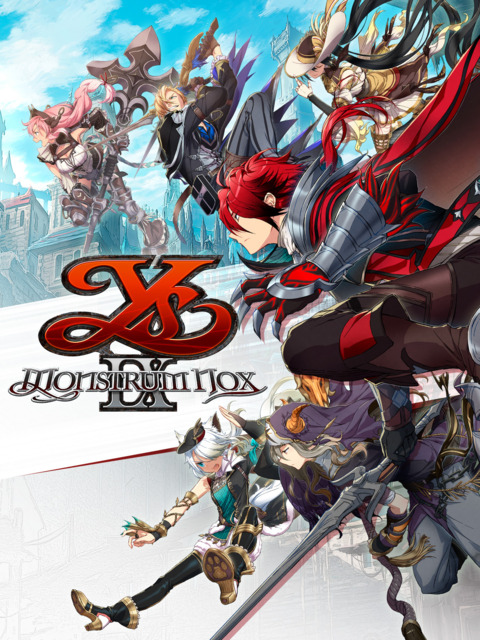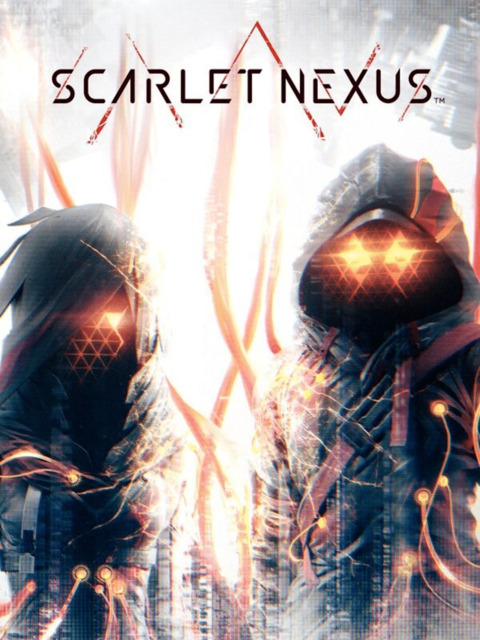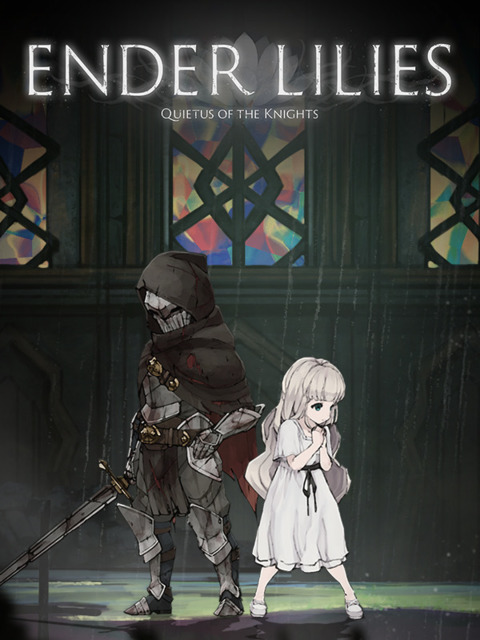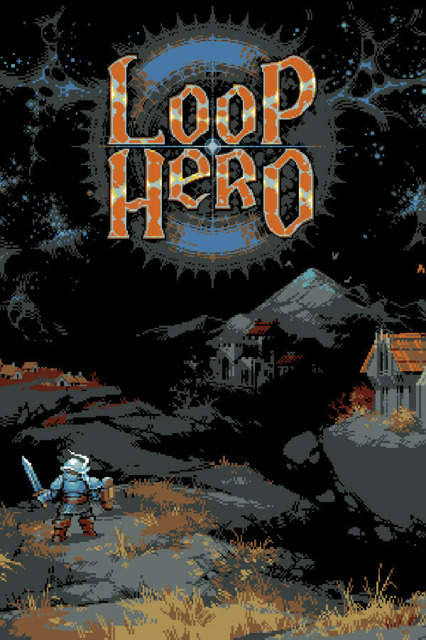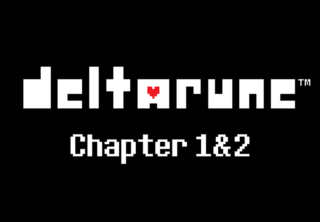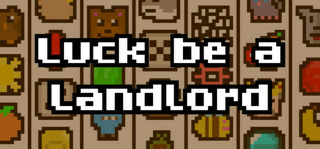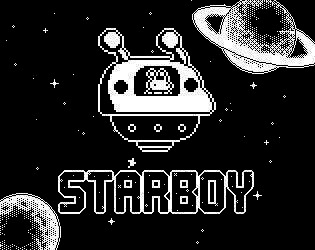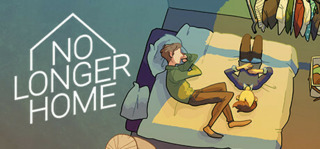GOTY 2021
Better late than never, right? Many of the below were added in the eleventh hour (well, technically the thirteenth hour, also known as January 2022) but I figured I needed a top ten for my records. After all, I've been doing these Best Of Year lists for, what, twelve years straight now? For deeper dives on most of the following, be sure to check the 2021 edition of Go! Go! GOTY! by clicking the links in the bottom table.
Anyway, here are the top ten games out of the ten games I played from 2021 (it was so brutal cutting this list down, lemme tell ya):

